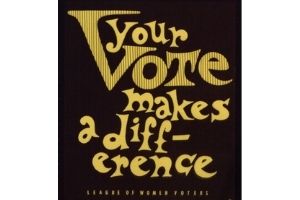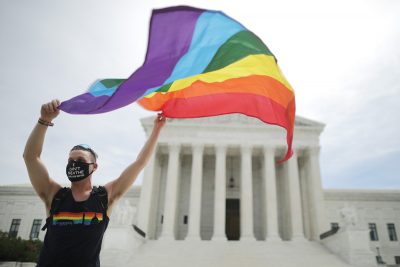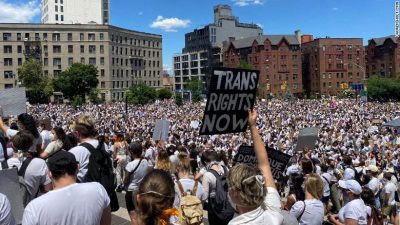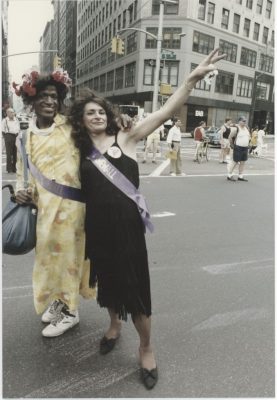Voter Education: Trans Rights Today

Celebrating Pride Month during quarantine and a civil rights uprising feels a little strange. Some folks from the LGBTQ community have even joked that it’s no longer “Pride” month but “Wrath” month, as they rise up to fight police brutality. On Monday, though, there was a reason to celebrate. After years of civil rights groups working to pass national legislation, finally, LGBTQ folks cannot be fired on the basis of their gender identity or sexual orientation.

Previously, only 21 states had protections for LGBTQ folks at their workplaces, excluding Georgia and Michigan, where two of the three defendants were from, respectively. Two of the defendants lost their jobs due to their sexuality, leading to one, Gerald Bostock, to lose his medical insurance in the midst of treating his prostate cancer. The third defendant, Aimee Stephens, lost her job after transitioning and living as a woman. Though she passed earlier in the year, her family continued to argue her case, seeking justice for her mistreatment at her work.
This landmark decision will likely have a significant impact on other legislation, as it sets the precedence that discrimination on the basis of “sex” also includes gender identity and sexuality. Even more surprising, is that two of the conservatives Republican-appointed judges, including Trump appointee, Judge Neil Gorsuch, sided with the liberal judges in the court. Of course, there is still a lot of work to do, as this decision follows the President’s announcement to reverse ruling on Obama-created nondiscrimination protections in healthcare, based on gender identity. The current administration is pushing to only protect people based on their “sex”, meaning ciswomen and cismen, not trans or genderqueer people. However, civil rights groups see that Monday’s SCOTUS decision may provide them the precedent to fight these reversals and other places where trans people are discriminated based on their gender identities, such as housing and education.
In the midst of Pride month (or Wrath month if you prefer), it’s important to recognize these historic and high-level decisions being made for the country, as well as the injustices that trans people still face in their daily lives. Especially black trans people. As a part of the Black Lives Matter movement, activists are bringing more attention to the violence that black trans folk face. After the deaths of Riah Milton and Dominique “Rem’mie” Fells, both black trans women, activists worked to organize the Black Trans Lives Matter rally in New York City, to raise awareness of what advocacy groups call an epidemic of violence. The protest was put on by trans-based support groups who partnered together, not only to mourn the lives of those lost but to also share resources and information. This march was a moment to not only collectively grieve, but to learn how to support black trans people so that they don’t face violence and death. The march was a huge success, with thousands coming out in support, and other marches in support, such as the one in LA, drawing thousands of people as well.

As all of this is happening, it’s essential, especially for white and straight allies of black folks and LGBTQ folks, to remember that Pride Month came about because of the Stonewall Riots and the work of early, trans, activists of color, Marsha P Johnson and Sylvia Rivera. Johnson helped to find the Gay Liberation Front, even as she and Rivera were pushed out of other gay rights organizations because of their gender identities. Despite being ostracized, they continued to help fellow trans people in NYC such as through the Star Transvestite Action Revolutionaries, where they provided housing and other resources to homeless trans youth. The two of them weren’t allowed to participate in the gay pride parade of 1973, because their identity was thought to give the movement “a bad name”. I feel it’s only fitting, during Gay Wrath Month, that thousands showed up in support of black trans women, carrying on Johnson’s legacy as a proud, black, trans woman.

These moments are important to recognize, to sit with, and understand. Learning and remembering these decisions and shifts in policy are a part of being an informed voter. As you watch the changes in our country, think about how leaders are responding, and how they are helping or hurting people. Think about the decisions you support or disagree with and remember that the next time you vote.
